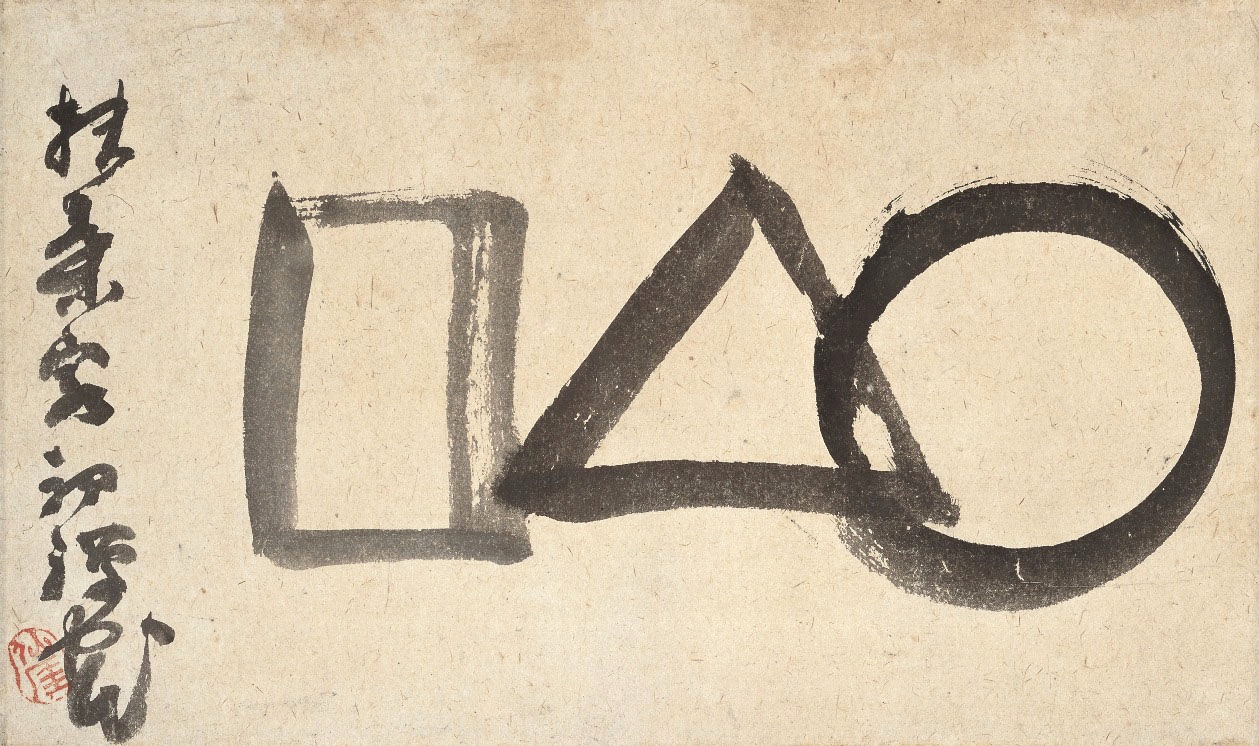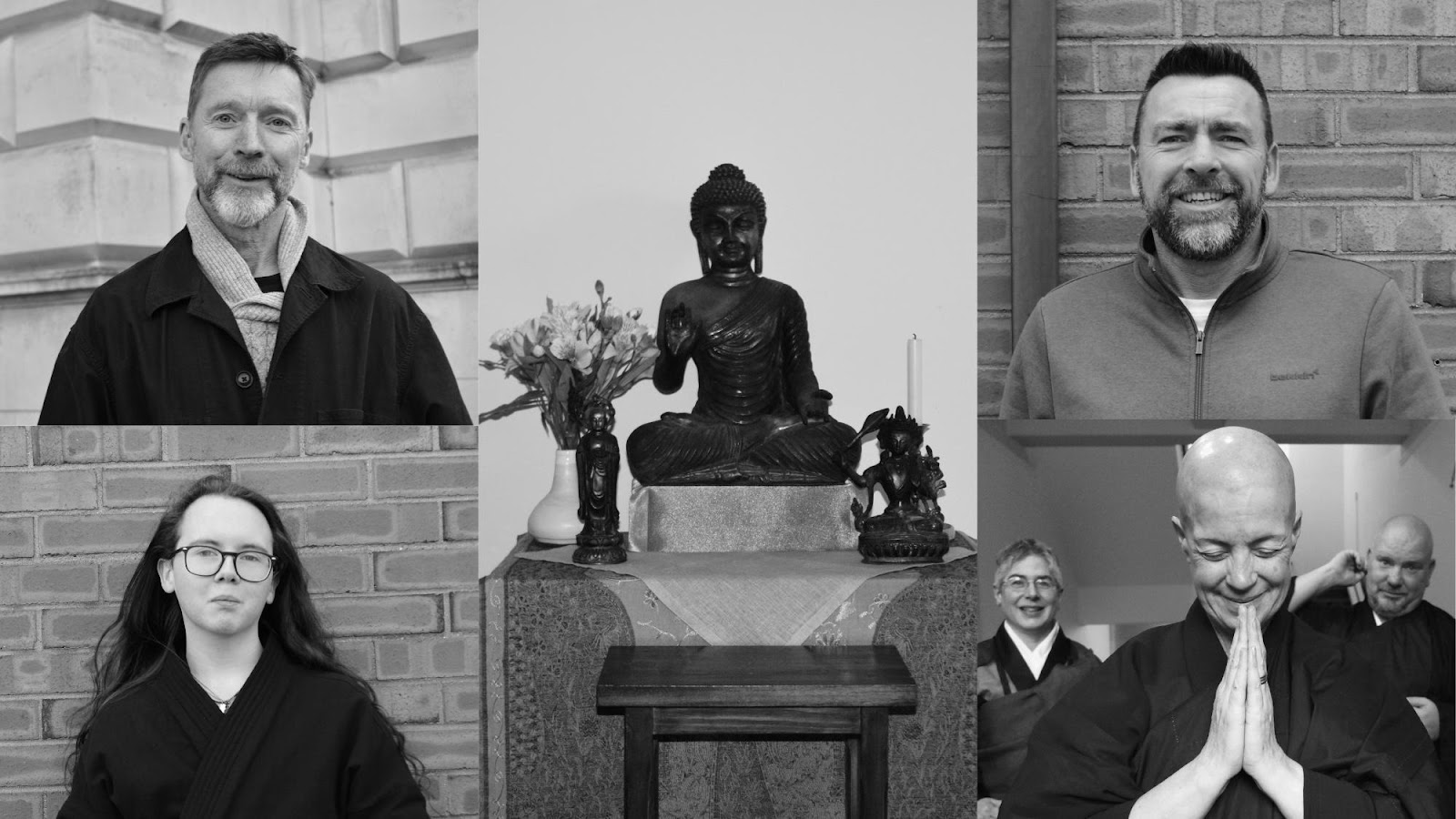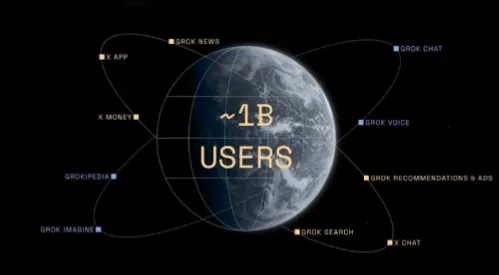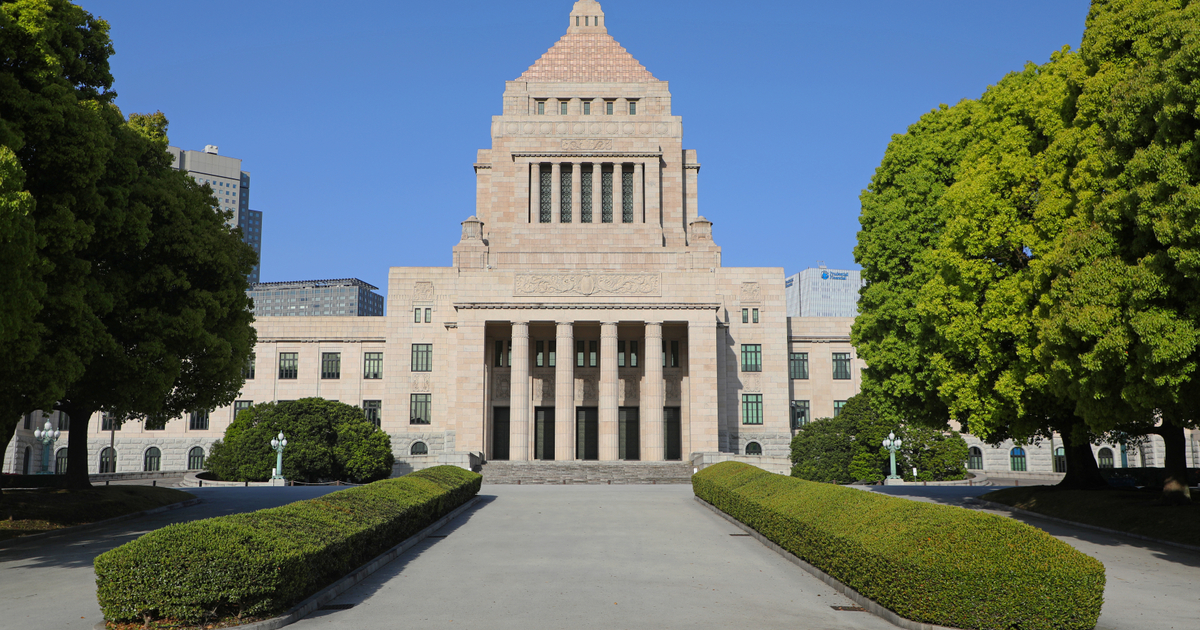Celebrating His Holiness’s 90th Birthday in Madison, Wisconsin
Tricycle reports from the Midwest Gotoen Trungkar The post Celebrating His Holiness’s 90th Birthday in Madison, Wisconsin appeared first on Tricycle: The Buddhist Review.

On Sunday, July 6, 2025, at the culminating ceremony of the Midwest Gotoen Trungkar, speeches were about to begin. The celebration of His Holiness the Fourteenth Dalai Lama’s 90th birthday, hosted by the local Tibetan community of Madison, Wisconsin, had already been going strong for over three days. Celebrants were riding high on a wave of positive energy—at least, those not tired out from a dance party that had stretched into the wee hours the night before. That morning, however, the eternal wild card of the region—the weather—decided to make its mischievous move. Heavy skies gave way to rain just as the first speaker took the stage.
“Right at the moment we started the event, it started raining. . . . Pretty much all the performers, all the performances, we had to do while it was raining,” said Jampa Khedup, the event’s emcee, laughing. “It was crazy, but you know, it was different. All the kids, all the students, had to dance while it was raining.”
 Photo by Ron Lutz
Photo by Ron LutzOn this wet yet festive morning, Khedup stood on a large stage—handmade for the occasion—in front of a backdrop depicting the Potala Palace in Lhasa, Tibet. Across the stage were festooned long strands of prayer flags that stretched out over the gathered crowd, many of whom sipped from paper cups of salty Tibetan butter tea. Khedup introduced a succession of speakers including Melissa Agard, the local county executive, Dr. Richard Davidson, founder of UW–Madison’s Center for Healthy Minds, and Dhonpa Chikyap, president of the Wisconsin Tibetan Association, or WTA, who was in charge of coordinating the event. Afterward, groups of second- and third-generation Tibetan youth performed traditional dances while attendees enjoyed a potluck meal that included momos (Tibetan dumplings), thukpa (Tibetan noodles), and curries.
Even with the unexpected circumstances, presenters and attendees were determined to make the best of it. “Despite the rain, everybody said they had a really good time,” said Tenzin Choeying, a member of the WTA. “The energy was great—everybody [was] in a festive mood.”
 Photo by Carla Minsky
Photo by Carla MinskyThe high energy was likely assisted by the location. The ceremony was held at Deer Park Buddhist Center, a historic Tibetan monastery and small temple complex unassumingly nestled just outside of Madison amongst the farms and cornfields of the Wisconsin countryside. Founded in 1976 by Geshe Lhundub Sopa, and having served as the site of the first Kalachakra initiation in the West (performed by His Holiness in 1981), the effect of the locale was tangible, according to Dhondup Tsagong, an attendee from Waukesha, Wisconsin.
“I love being there,” Tsagong said. “You feel like home there, with the temples, and stupas, and peace, and all that energy.”
A Community Effort
Sunday’s ceremony was the culmination of four days of activities that included soccer and cricket tournaments, traditional dancing, and a performance by popular contemporary Tibetan singers Tenzin Dolma and Tenzin Woeser—interspersed with plenty of eating and mingling. Before the speeches Sunday morning, attendees gathered inside the main hall of the Deer Park temple, eating ceremonial sweet rice and drinking tea while monastics led prayers and gave blessings. Afterward, cake emblazoned in frosting with “Happy 90th Birthday H.H. the Dalai Lama” was served.
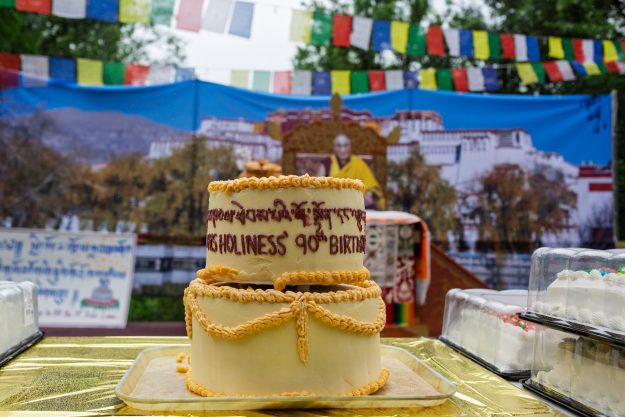 Photo by Ron Lutz
Photo by Ron LutzAn estimated 1,000 individuals, hailing primarily from Tibetan communities based in Chicago, Minnesota, and Madison, attended the events. In addition, multiday soccer and cricket tournaments brought in Tibetan teams from as far away as Boston, California, and Toronto.
The games and festivities were in service of highlighting the Fourteenth Dalai Lama’s immense importance to the Tibetan people. Attendees and organizers repeatedly emphasized the role of the Dalai Lama in unifying Tibetans in exile, and the related importance of joining together to celebrate.
“Of course, His Holiness the Dalai Lama is everything to us,” said Tsering Choephel, an attendee who recently moved to Madison. “So it’s very lucky and special to get a chance to celebrate. Without him, we are pretty much nothing . . . so I consider this one of the most important days.”
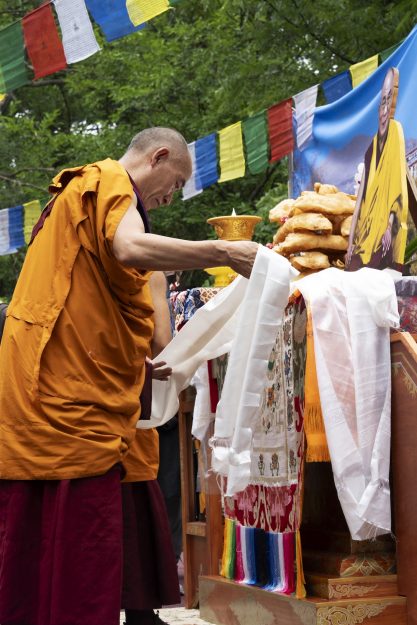 Photo by Carla Minsky
Photo by Carla Minsky“He’s like our guide, or the hope, of the whole Tibet movement,” said Choeying. “That’s how everybody looks to him—as a great leader, and also, of course, as a spiritual leader. So we want him to be healthy, live long, as much as he can.”
Since 1997, Chicago, Minnesota, and Madison have traded off hosting the Dalai Lama’s birthday, or “Trungkar” (འཁྲུངས་སྐར་), celebration each year. From the beginning, it was about bringing together Tibetans in exile. “The Trungkar celebration is . . . inspired by His Holiness’s message of unity, and for the youngsters to connect with one another, since we don’t see each other quite often. To feel a sense of belonging . . . that is how the Midwest competition came about,” said Tenzin Guerek, a member of the WTA.
For the Madison community, it was auspicious that their turn fell on His Holiness’s 90th birthday, or “Gotoen” (གོ་སྟོན་). “You can see—everyone is glowing. It’s like a festival for us,” said Choephel.
For Khedup, the standout event was the cultural dance night where youth from different Tibetan communities got to showcase the talent that they had been practicing for months.
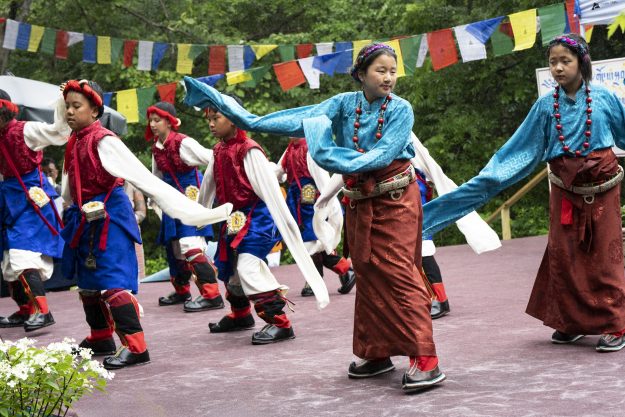 Photo by Carla Minsky
Photo by Carla Minsky“All the performers are the younger generation. There were kids as young as 6 years old performing,” Khedup said. “It was great to see them doing these cultural performances. That was the highlight.”
Preparations for the epic multiday birthday celebration began almost a whole year ago. Teams had to be invited, games organized, venues booked, food coordinated, and a stage built on the grounds at Deer Park. Funds were raised to support it all, and marketing had to be done to get the word out.
Guerek credited the event’s success to the community coming together in support. “We have a lot of members and volunteers who committed tremendous effort and time, and money as well, to make this event successful,” Guerek said. Local business owners, including popular Tibetan restaurants Tibet Kitchen and Little Tibet, also stepped up to donate money and materials.
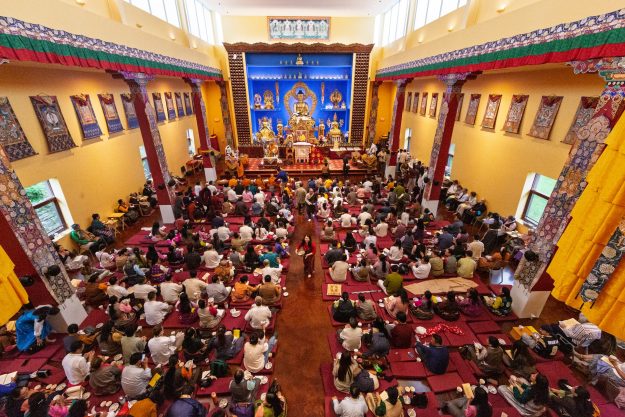 Photo by Ron Lutz
Photo by Ron LutzFor Chikyap, such voluntary service showcases a deep unity among the Tibetan people, while serving to strengthen the community and set a good example for the youth. “That is the process. When you come together, we will become close to each other,” he said. “Likewise, the younger generation sees how the older generations are performing, and that way we try to inculcate good values.”
Gratitude, Anxiety, and Renewed Determination
Many attendees emphasized the importance of the Dalai Lama to the Tibetan diasporic identity, expressing a mixture of gratitude and trepidation regarding his advanced age. “Of course we would like to wish that he was a lot younger and [will] live for many, many more years, right?” Khedup said. “But, then again, someone reaching that age and still being very healthy . . . that makes it special.”
Choephel echoed Khedup’s sentiment: “It has a mixed feeling, because His Holiness is 90 years old—that’s very old. And I am sure that every Tibetan can relate to that in terms of the emotions.”
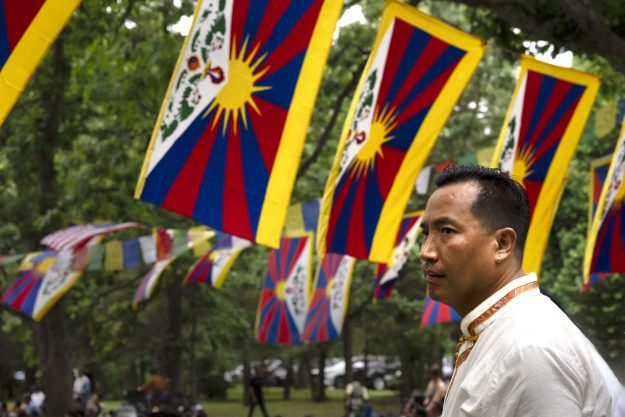 Photo by Carla Minsky
Photo by Carla MinskyOther attendees emphasized that, just days before his birthday, the Dalai Lama had restated his wish to give sole authority to choose his reincarnation to the Tibetan people—in addition to affirming that the institution of the Dalai Lama would indeed continue after his passing. In an official statement from Dharamsala, His Holiness asserted that sole responsibility for identifying his Fifteenth incarnation will rest with “The Gaden Phodrang Trust,” a religious body of Buddhist monks who are part of the office of the Dalai Lama, in consultation with various heads of Tibetan Buddhist traditions and “the reliable oath-bound Dharma Protectors who are linked inseparably to the lineage of the Dalai Lamas.” Pointedly, he emphasized that “no one else has any such authority to interfere in the matter.” Attendees at the Trungkar expressed foreboding that the Chinese government would attempt to name its own Dalai Lama successor, but took heart recalling His Holiness’s previous statements that his reincarnation would be born “in the free world,” rather than in China or a China-controlled Tibet.
Khedup, for his part, is hoping that that particular issue does not arise for a long time to come. “We wish to see many more celebrations—[every] ten [years], [marking] each milestone,” he said. “Next is 100, next after that will be 110 . . . [and then] who knows, 120. . . . We will see that he will live for a very, very long time. Simply his presence in this world [makes] a big difference for the Tibetan people’s minds and hearts, and for the rest of the world.”

 ValVades
ValVades 







